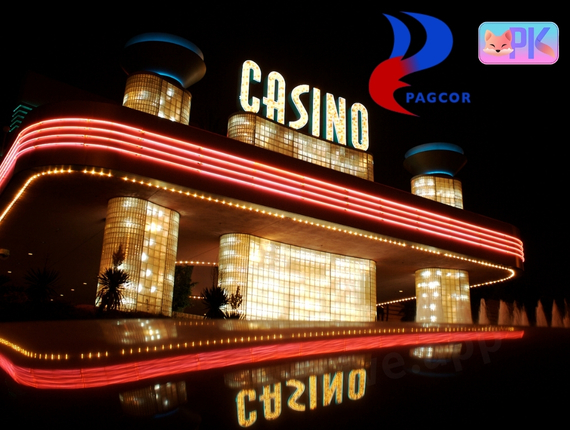PAGCOR - Philippine Amusement and Gaming Corporation

What is PAGCOR?
The Philippine Amusement and Gaming Corporation (PAGCOR) is an important government-owned and controlled corporation established by the Office of the President of the Philippines. It is the third-largest revenue source for the Philippine government, after the Bureau of Internal Revenue and the Bureau of Customs.
PAGCOR was established to address the rise of illegal gambling activities across the Philippines. It was created under a Presidential Decree (PD1067-A) signed by then-President Ferdinand Marcos during the martial law era. The legal framework of the company has since been revised and consolidated.
According to its charter, PAGCOR is given three main mandates: to regulate, operate, and franchise card games, digital games, and particularly casino gaming in the Philippines; to generate revenues for the Philippine government’s social services and national development programs; and to help promote the Philippine tourism industry.
In 2007, the Philippine Congress passed Republic Act No. 9487, which extended the corporate life of the state-owned gaming company by another 25 years, renewable for another 25 years, and revised PAGCOR’s charter, including:
- Allowing PAGCOR to enter into agreements with any person, company, association, or organization, including joint ventures;
- Requiring the consent of local government units to obtain jurisdiction over PAGCOR’s operations in their respective areas;
- Delineating its regulatory authority over gaming activities covered by other existing franchises, regulatory bodies, or special laws.
PAGCOR operates nine casino branch sites across the main islands of the Philippines, located in prime tourism destinations such as Metro Manila (Solaire Resort and Casino, Manila Bay Resorts), Luzon (Casino Filipino, Pagcor Club Tropicana Laoag, Casino Filipino Olongapo), Visayas and Mindanao (Casino Filipino Bacolod, Casino Filipino Cebu, Casino Filipino Davao, Casino Filipino Iloilo).
See more: IGL – Internet Gaming Licensees
How are PAGCOR's revenues distributed?
According to its charter and applicable laws, PAGCOR’s revenue distribution is as follows:
- 5% as franchise tax revenue to the Bureau of Internal Revenue (BIR)
- 50% of the remaining 95% as statutory remittance to the National Treasury
- Fixed amounts to host cities for community development projects
- Payment of corporate income tax under the National Internal Revenue Code
- 5% of the franchise tax and statutory remittance to the Philippine Sports Commission for national sports development programs
- 1% of net income to the Department of Justice’s Board of Claims to compensate victims of unjust imprisonment and prosecution
Additionally, PAGCOR funds the implementation of important laws, such as the Early Childhood Care and Development (ECCD) program to promote pre-school education, as well as sports incentives and welfare for athletes.
Under Republic Act No. 7656 or the “Dividend Law”, PAGCOR remits at least 50% of its annual net earnings as cash, stock, and/or property dividends to the national government.
Aside from providing support to various agencies and entities, PAGCOR also plays a crucial role in promoting the Philippine tourism industry and social development.